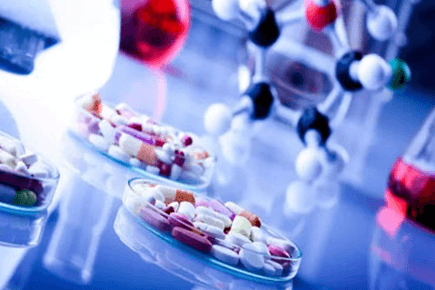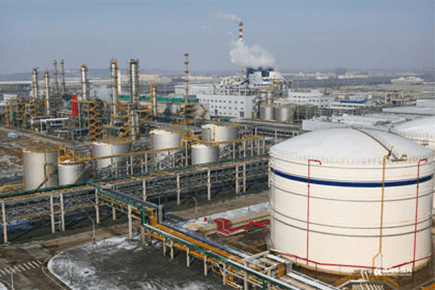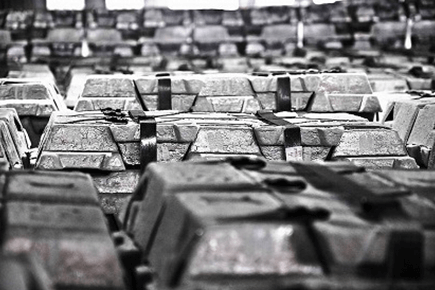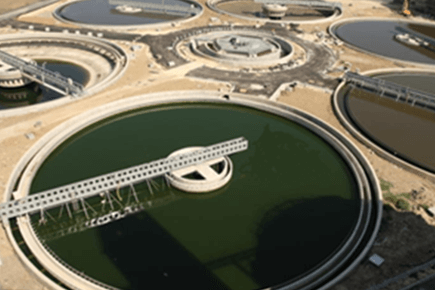
High Strength Anion Exchange Resin for Sugar Alcohol Refining
In the processing of starch sugar, xylose, oligosaccharides, sugar alcohols and other products, macroporous anion exchange resin is often used to remove inorganic salts, pigments, organic acids, proteins and other impurities in the feed solution. The resin is used In the process, in addition to the high osmotic pressure of the syrup, it also needs to withstand repeated expansion and contraction of the resin matrix caused by continuous regeneration. As Seplite® LSF973 macroporous anion exchange resin commonly used in the production of the sugar alcohol industry, due to its limited impermeability and deformation resistance, companies have to face the problem of excessive resin crushing during use; and the resin crushing rate will be Will directly affect the resin service life, processing efficiency and production costs. Therefore, a styrene series macroporous anion exchange resin with better strength performance has become the expectation of sugar alcohol manufacturers for many years.
According to the national standard and the electrical standard, the description of the strength index of ion exchange resins is mainly based on the penetration and sphericity and compressive strength. These parameters reflect the rigidity of the resin to a certain extent, but it is characterized by the flexibility and resistance to the deformation of the resin. Therefore, the production of a high-strength resin with rigid toughness is not only a challenge to the technical strength of resin manufacturers but also a consideration of its production experience and process.
Sunresin has successfully developed a new generation of high-strength Seplite® LSF907 styrene series macroporous anion exchange resin that can be mass-produced. The resin uses a special baseball synthesis process to optimize the molecular skeleton structure so that it has In order to improve the penetration resistance and deformation resistance, the strong performance has been qualitatively improved under the premise of ensuring the resin exchange capacity, decolorization ability, and the corresponding working conditions. A starch sugar production company uses Lanxiao Technology's Seplite® LSF907 resin for syrup desalination and decolorization treatment. The system has been operating smoothly for more than 1 year. Seplite® LSF907 has a lower crush rate than the traditional Seplite® LSF973 macroporous weak base anion exchange resin. Above 90%, the resin crushing situation has been significantly improved and improved, the system operation is more stable, and the production operation efficiency is higher.
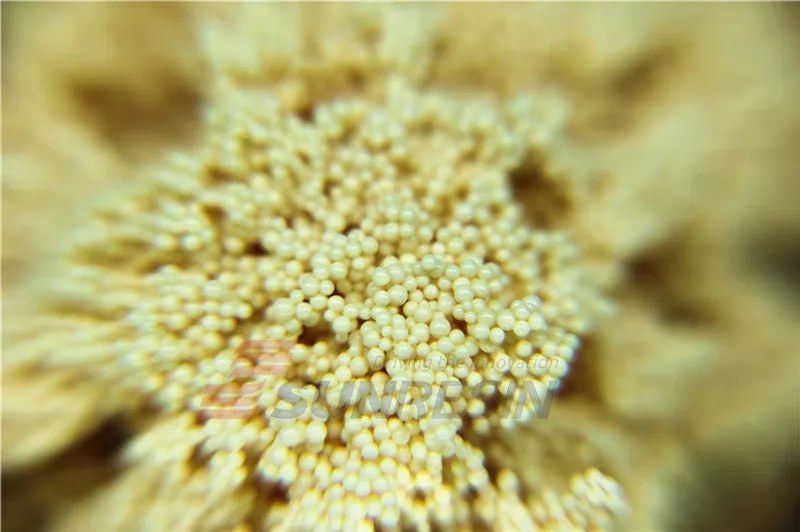
The excellent strength performance of Sunresin Seplite® LSF907 resin in industrialized long-cycle operation treatment has been affirmed and praised by industry users; the advent of Seplite® LSF907 resin has given the sugar alcohol industry a choice and less issue; Sunresin will also makes every effort to strive to let this star product benefit the majority of user companies as soon as possible.
Seplite®LSF907 high strength macroporous anion exchange resin advantages:
1. The optimized resin-based ball synthesis process gives the molecular skeleton better strength properties, and the resin's resistance to penetration and deformation is more prominent;
2. Under the same operating conditions, the resin crushing rate is lower, the system operation is more stable, and the production efficiency is higher, which can significantly reduce the inconvenience and cost increase caused by resin crushing;
3. During the lifetime, the amount of resin lost is small, and the amount of refill is extremely low.
Seplite® LSF907 high strength macroporous anion exchange resin application:
Refining of starch sugars such as xylose, maltose, glucose, fructose syrup, oligosaccharides, ammonia sugar, lactulose, allulose, erythritol and hydrolyzed sugar.






